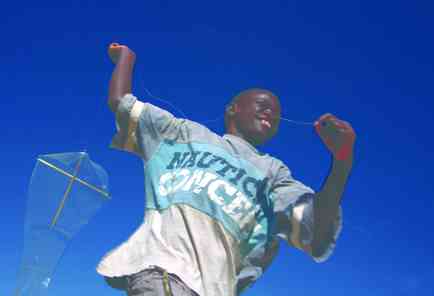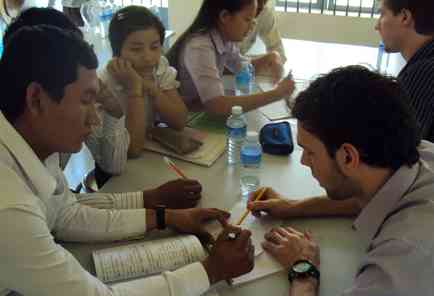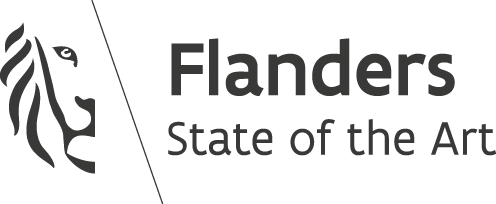Rwanda and Nicaragua score higher than Belgium on the Global Gender Gap Index. For example, the Rwandan government has made serious efforts to promote gender equality in public and private life. This progressive gender policy is starting to bear fruit in the education sector: girls' access to primary and secondary education in Rwanda is among the highest on the African continent. This is partly due to the attention that gender receives within teacher training and training courses for school leaders.
In Belgium, a gender course is not a compulsory part of teacher training nor a requirement for school management. Moreover, girls and boys still choose very stereotypical studies and educational materials are often not gender sensitive.
In the presentation below, we further elaborate on 4 challenges of gender in education:
• substantial and specific support & training for school management,
• attention to gender awareness and gender sensitivity in educational materials,
• stereotypical course choices and career guidance,
• unequal professional careers for female and male teachers.
Based on facts & figures from Rwanda and Belgium and inspiring practices from Rwanda, we look at how those challenges can be tackled. If you want to know more, you can also consult the sources and links on the last slides of the presentation.





